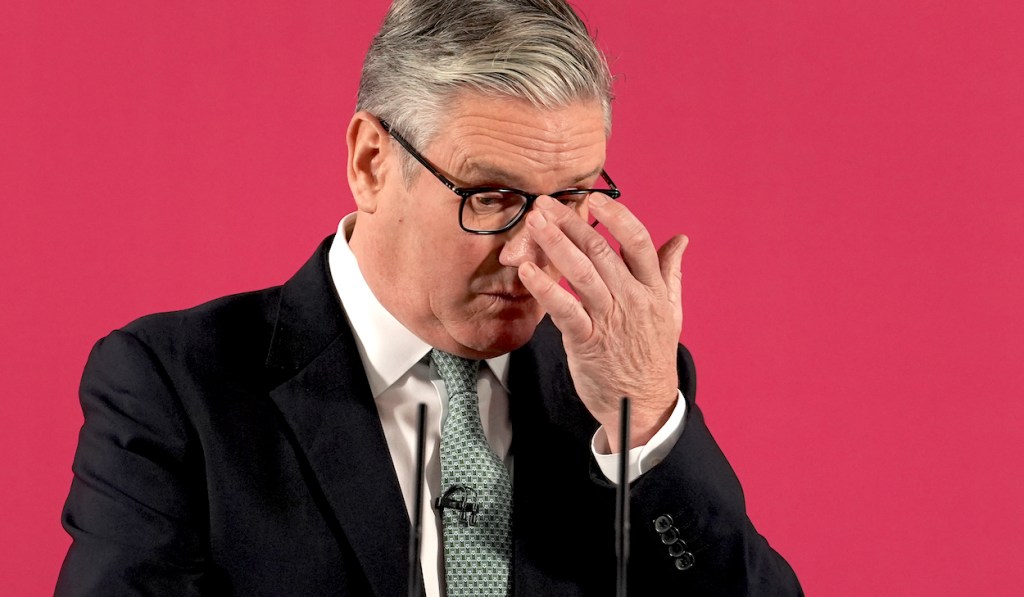The Tories’ ‘Triple Lock Plus’ is a pretty blatant attempt to secure the votes of a demographic group which is more inclined to vote Conservative than any other. That much is clear. The party’s proposal would give pensioners a high personal tax allowance to spare them from having to pay income tax as the state pension rises faster than either inflation or average earnings. If the government wants to spare pensioners from having to pay income tax it could, of course, raise the income tax threshold for everyone. But instead, while pensioners are spared tax, the personal tax allowance for working-age people is due to be frozen for another four years.
But is it necessarily true that pensioners get the best of everything while the young get screwed over again and again? That is the narrative which many have sought to advance and there is, to be fair, some evidence to support it. While many elderly people enjoy living off the tax-free capital gains they have made on the back of a soaring property market over the past few decades, many young people find it impossible to clamber onto the lowest rung of the property ladder. While many older people enjoyed a university education at public expense, younger graduates are saddled with huge debts which they are paying off courtesy of an extra, marginal rate of 9 per cent on their earnings.
It is those at the poorer end of the wealth and income spectrum who stand most to benefit
But there is also a case against the narrative that the old are doing well on the backs of the young. The idea of intergenerational inequality is seen far too much through middle class eyes. Not all elderly people own a home: 20 per cent are renting. As for university education, that was a privilege available to only a few when today’s 70 year olds left school. There is, therefore, a large cohort of the elderly who have benefitted neither from a rising housing market nor from subsidised further education. It is these people, at the poorer end of the wealth and income spectrum, who stand most to benefit from the Triple Lock Plus.
Moreover, it is a group which suffered grievously over the decade and a bit following the 2008/09 financial crisis thanks to ultra low interest rates. While those with property and stock market investments did well, and public sector pensioners with inflation-and salary-linked pensions have blithely lived through it all without a care, people trying to live on fixed incomes from cash savings have been the real losers as inflation slowly ate away the real value of their savings. Only in recent months has it been possible to obtain a real return on a savings account – something savers used to take for granted. The savings of many pensioners have effectively been stolen in order to bail out borrowers, who tend to be much younger.
True, the triple lock has provided some consolation. But the presumption that all pensioners have been doing well at the expense of the young shows just how much political debate has fallen under the control of the relatively well-off. If the Conservatives have identified a group of poor pensioners who could do with a bit of extra help, that suggests they are a little more in touch with the realities of life for many people than is the opposition.








Comments